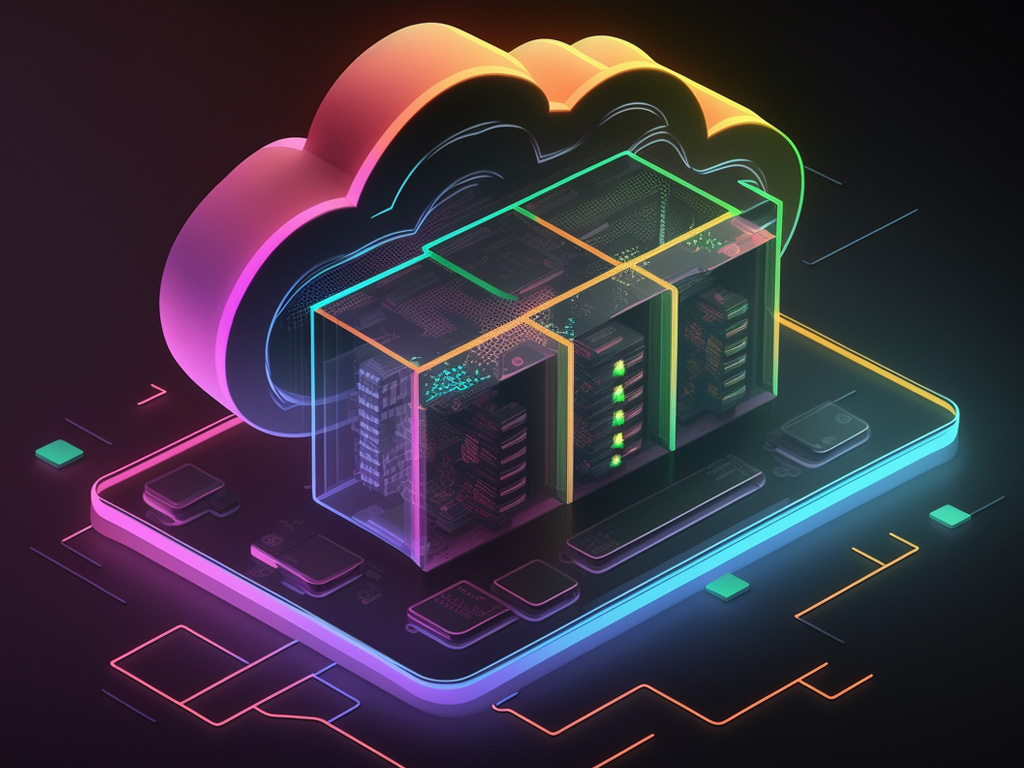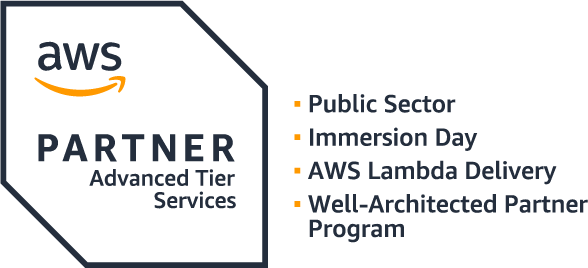


Cloud
RDS
AWS RDS is a managed database service provided by AWS that allows you to set up, operate, and scale relational databases in the cloud without needing to manage the underlying infrastructure. It supports various database engines, including MySQL, PostgreSQL, Oracle Database, Microsoft SQL Server, and Amazon Aurora (a MySQL and PostgreSQL-compatible database engine developed by AWS).
Amazon Relational Database Service
Managed Service
AWS RDS handles routine database tasks such as provisioning, patching, backup, recovery, scaling, and monitoring, allowing you to focus on your application development rather than database administration.
Multiple Database Engines
You can choose from several database engines based on your application's requirements and existing skills.
Automated Backups
AWS RDS automatically performs backups and retains transaction logs, making it easy to restore your database to a specific point in time.
Scalability
RDS offers options for both vertical and horizontal scaling. You can vertically scale by adjusting the instance size, or horizontally scale with features like Amazon RDS Read Replicas.
Automated Software Patching
RDS can automatically apply software patches to keep your databases up to date and secure.
Philosophy
Keep in mind
Understand, evaluate, decide
Best practices and principles
- Embrace cloud-native practices by designing your applications to take advantage of AWS services like RDS, using services like Lambda and API Gateway to enhance functionality and flexibility.
- Maintain clear and up-to-date documentation of your database architecture, configurations, and procedures. Provide training to your team members responsible for managing the databases.
- Test database changes and updates in non-production environments before applying them to production databases. Implement effective testing strategies to minimize risks.
- Choose the right database engine (MySQL, PostgreSQL, Oracle, SQL Server, Aurora) based on your application’s needs. Be open to adapting your architecture as your application evolves.
RDS
Key features of AWS
High Availability
RDS provides features like Multi-AZ deployments (for failover support) and Aurora Global Databases (for global distribution) to ensure high availability of your databases.
Security
RDS supports features such as encryption at rest and in transit, network isolation, and integration with AWS Identity and Access Management (IAM) for access control.
Monitoring and Metrics
RDS provides monitoring tools and metrics through Amazon CloudWatch, allowing you to track the performance of your databases.
Database Instance Types
You can choose from different instance types based on your workload's performance requirements.
Understand, evaluate, decide
What can you do?
Embrace the managed services model that AWS RDS offers. Let AWS handle routine database management tasks, so your team can focus on building applications and driving business value.
Get to know our
Success stories

Zavia Travel
The Property Management Company focus on Hotel Management Software in the Cloud for small and large hotels, Zavia Distribute the hotel inventory in all online channels and automate the hotel management process in the operational, administrative, and commercial areas.
Developed for the continuous improvement and automation of the hotel business process through reservation engines, connectivity with channel managers, payment gateways, real-time information with automated reports and more.
APN PArtner
Certifications

We train ourselves constantly, and are passionate about technology, which is why we seek to certify ourselves to offer you a competitive advantage and a high technological standard.
We are ready for your next project!
Innovate and build new apps with Amazon RDS instead of worrying about self-managing your databases, which can be time consuming, complex, and expensive.
Talk to our specialists and let us be with you in the transformation of your business.


